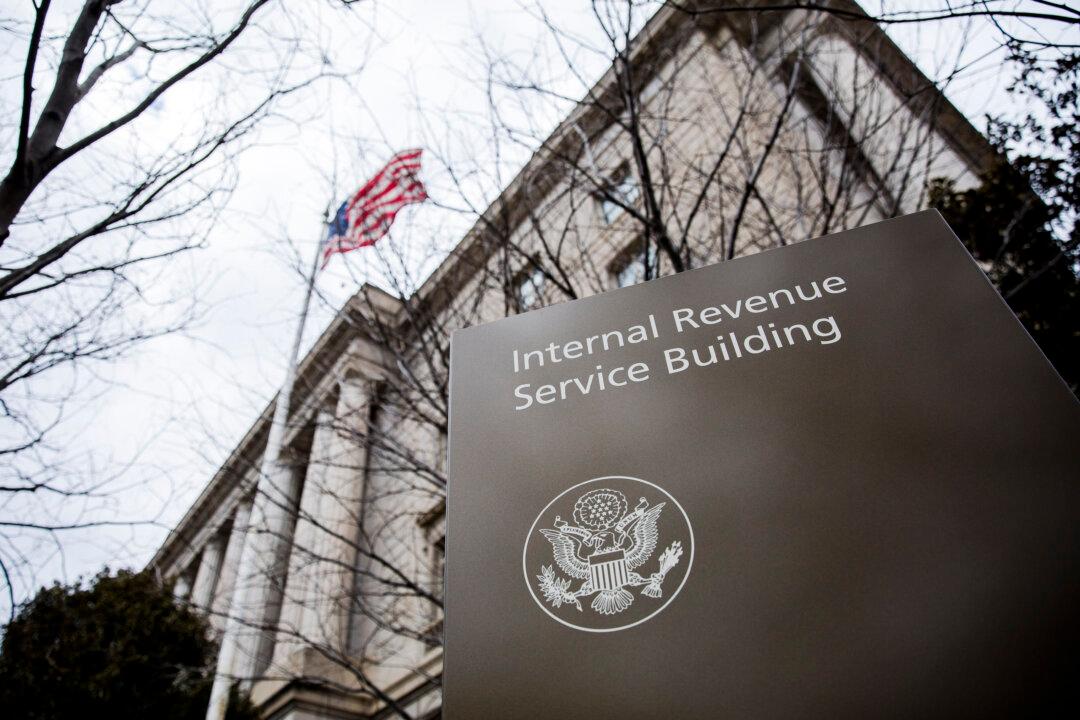WASHINGTON—A federal judge dismissed on Sept. 30 a lawsuit filed by four blue states that challenged the $10,000 cap on state and local tax (SALT) deductions enacted by President Donald Trump’s tax reform.
Connecticut, Maryland, New Jersey, and New York filed a lawsuit in July 2018 against the federal government, alleging that the new limit on SALT was unconstitutional and intended to “interfere with the sovereign authority of the states to determine their own taxation and fiscal policies.”





